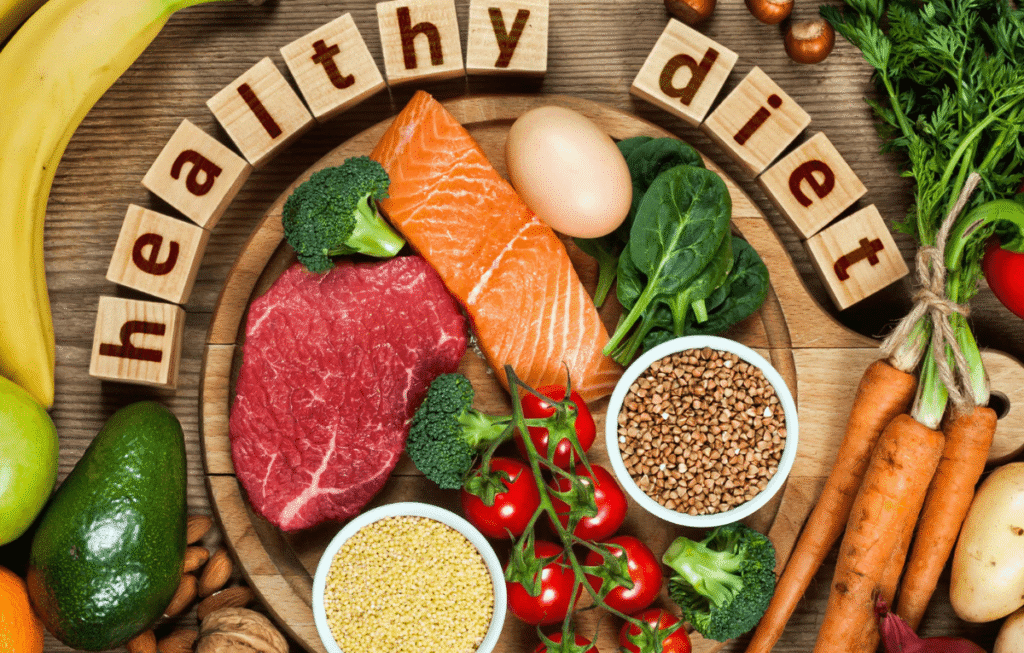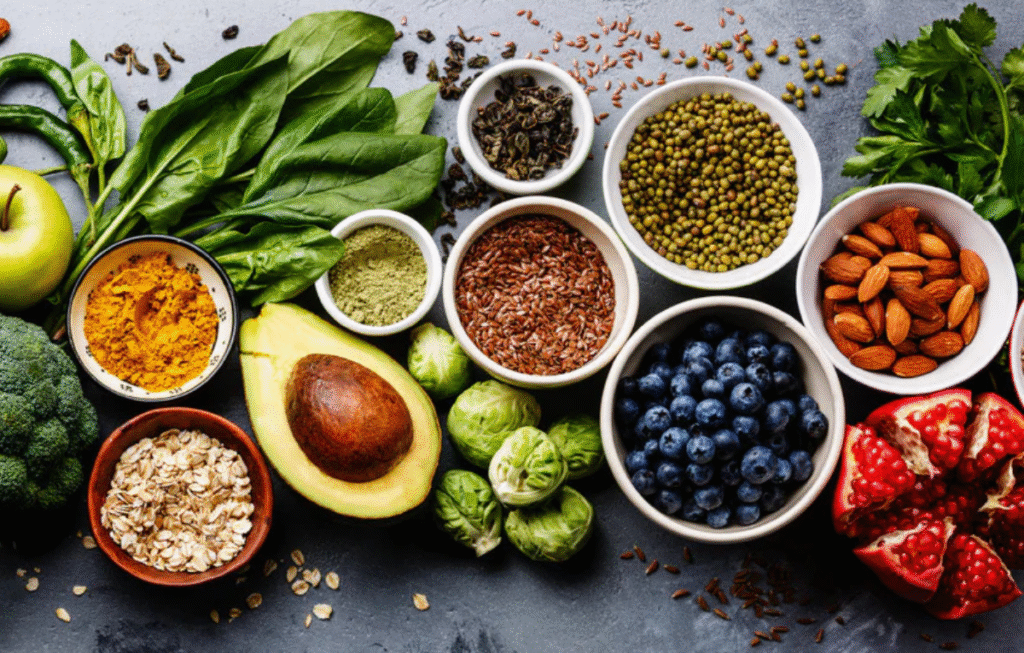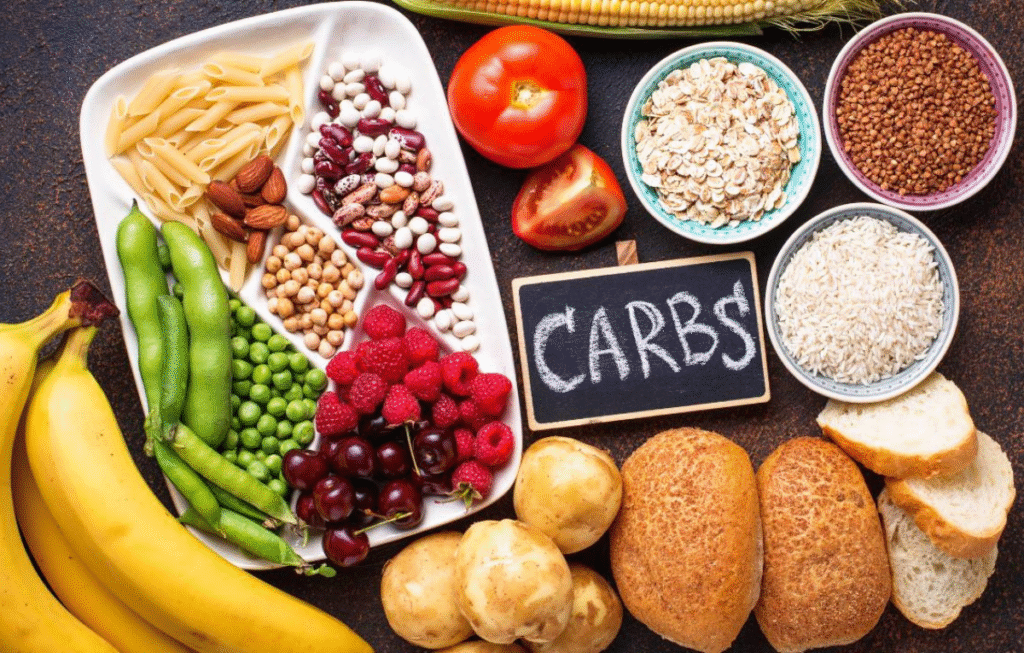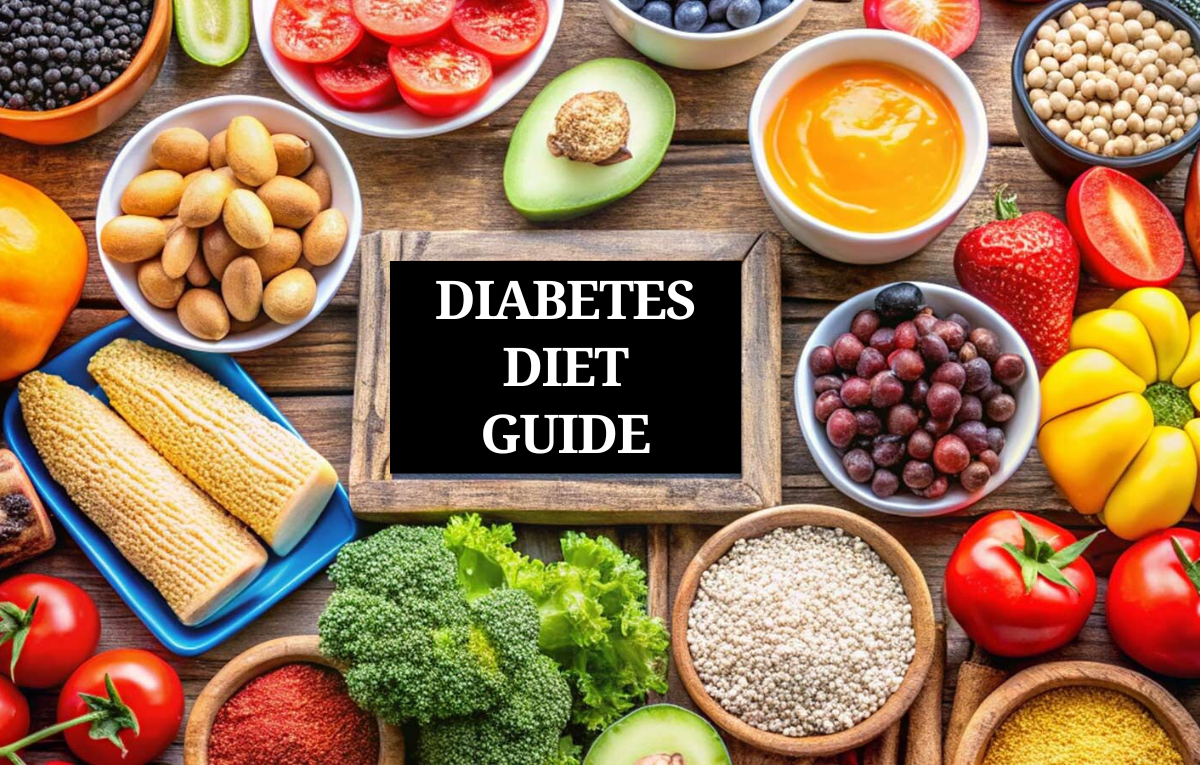Nowadays diabetes has become one of the most common health problems in the world. Not only in India, but crores of people all over the world are suffering from diabetes. Fast lifestyle, junk food, stress, and lack of physical activity have increased it even more.
Diabetes is not a disease that can be controlled only with medicine. Its biggest weapon is your diet. Eating right not only keeps blood sugar balanced but also prevents complications like heart disease, kidney disease, obesity, and nerve problems.
In this article, we will understand in detail what diabetes patients should eat, what things should be avoided, an easy diet plan, and better lifestyle tips.
Direct relationship between diabetes and diet

Diabetes is a metabolic disorder that presents with high blood sugar levels due to the inability of the body to use insulin or a lack of insulin production. Insulin is a hormone that serves the purpose of transporting glucose that is produced from digested food to cells in the body for energy generation.
Blood sugar accumulates when blood insulin is dysfunctional. This causes the blood sugar level to increase and, in the long term, impact the heart, kidneys, and eyes.
Here diet comes into play:
- The carbohydrates you eat determine how fast the sugar enters the bloodstream.
- Fiber, protein, and quality fats release sugar slowly and don’t spike sugar suddenly.
- Eating balanced keeps the sugar stable.
Best foods for diabetes patients
1. Green leafy vegetables
Spinach, fenugreek, mustard, amaranth, and drumstick leaves are very beneficial.
- Benefit: They are very low in carbs and have a high fiber content. They do not raise blood sugar and enhance insulin.
- How to eat: Cook spinach in dal, make methi paratha, or spinach ki sabzi.
- Tip: Make it a point to eat a bowl of green vegetables every day.
2. Whole Grains
Brown rice, oats, barley, quinoa, millet, jowar, and ragi.
- Benefit: The fiber in these grains is very good and releases sugar slowly. The stomach remains full for much longer.
- How to eat: Use brown/red rice and multigrain rotis instead of plain white rice.
- Tip: Make half of your plate vegetables and take fewer grains.
3. Legumes & Pulses
Gram, rajma, moong, lentils, and sprouted pulses.
- Benefit: They have protein and soluble fiber, which controls sugar.
- How to eat: Moong dal chilla, sprouted salad, rajma, and brown rice.
- Tip: Sprouted pulses are even better since the glycemic index decreases with sprouted pulses.
4. Low GI Fruits
Apples, guavas, oranges, pears, papayas, blackberries, kiwis, and berries.
- Benefit: They are high in vitamins, minerals, and fiber.
- How to eat: Apple or papaya as a mid-morning snack.
- Tip: Always eat whole fruit; don’t drink juice. Juice causes sugar to surge immediately.
5. Nuts & Seeds
Contains almonds, walnuts, flaxseeds, chia seeds, and pumpkin seeds.

- Advantages: It includes healthy fats and magnesium that are used in stabilizing blood sugar.
- How to have it: soak the almonds in the morning, or mix chia seeds with a smoothie.
- Tip: 5–7 almonds or a tsp of seeds is more than enough for a day.
6. Lean Protein
Includes eggs, paneer, tofu, fish, and chicken breast.
- Benefits: Protein takes longer to metabolize. It helps to curb hunger.
- Ways to consume: grilled fish or an omelette with vegetables.
- Tip: boil or grill, not fry.
7. Low-fat dairy
Includes yogurt, buttermilk, and low-fat cheese.
- Benefits: Calcium and probiotics for easier digestion.
- Ways to consume: Use yogurt for cucumber raita, or use buttermilk as a refreshing beverage in the afternoon.
- Tips: Always choose low- or no-sugar and low-fat.
8. Healthy oils and fats
Includes olive oil, mustard oil, peanut oil, and a little ghee.
- Benefits: good for heart health and reduces inflammation.
- How to use: olive oil on salads or a small amount of ghee on roti.
9. Indian spices and herbs
- Cinnamon: great for lowering blood sugar.
- Fenugreek: seeds help with insulin use.
- Turmeric: reduces inflammation.
- Ginger and garlic: good for your heart and digestive issues.
Include these in your daily diet.
10. Water and herbal drinks
- Takeaway: Water can mindlessly flush out excess sugar from the body.
- Herbal drinks: green tea, tulsi tea, and fenugreek water.
- Tip: Drink 8-10 glasses of water every day.
What NOT to eat
- Sugary Drinks – soft drinks, packaged sweet juices
- White bread, refined flour, baked goods
- Deep-fried foods—samosas, pakoras
- Sweets, cake, and ice cream
- Packaged food—chips, cookies
A sample meal plan for diabetic patients
- Morning, empty stomach: lukewarm water + methi seeds
- Breakfast: moong dal chilla and chutney OR vegetable oats
- Around 10 am: guava or apple + 5 almonds
- Lunch: 2 roti made of multigrain + bottle gourd sabji + dal + salad + curd
- Evening snack: green tea + roasted chana or evening sprouts
- Dinner: brown rice and rajma OR grilled chicken and vegetables
- 30 minutes before sleeping, lukewarm milk without sugar
Lifestyle changes for improved management of diabetes.

- Eat timely meals; do not skip meals.
- 30 minutes of walking per day or yoga.
- Sleep 7-8 hours.
- Stress management—pranayama and meditation.
- Control portion—too much of the healthy food will increase sugar.
In conclusion
Diabetes does not mean life is predictable; it only means making more thoughtful choices. As long as you are regularly eating green veggies, whole grains, lentils, low-GI fruit, nuts, seeds, and healthy sources of protein, then you should not have issues managing blood sugar.
If part of the plan is to have a healthy lifestyle that takes into account moving your body, quality sleep patterns, and managing stress, then managing type 2 diabetes and related health issues should be a long-term strategy.
FAQs:-
What are the best foods to control blood sugar in diabetes?
High-fiber vegetables, whole grains, legumes, nuts, and lean proteins help stabilize blood sugar levels.
What is the best breakfast option for diabetics?
High-protein meals like vegetable oats, moong dal chilla, or boiled eggs are ideal for steady energy.
Can fruits be eaten in a diabetes diet?
Yes, low-glycemic fruits like apples, berries, guava, and oranges are safe when eaten in moderation.
SamhithaHealth & Wellness Content Writer
a Health & Wellness Content Writer with over 6 years of experience creating research-based health articles. She specializes in nutrition, weight management, diabetes care, skin health, and healthy lifestyle practices. Here content is carefully written using trusted medical and scientific sources to ensure accuracy and clarity for readers.

